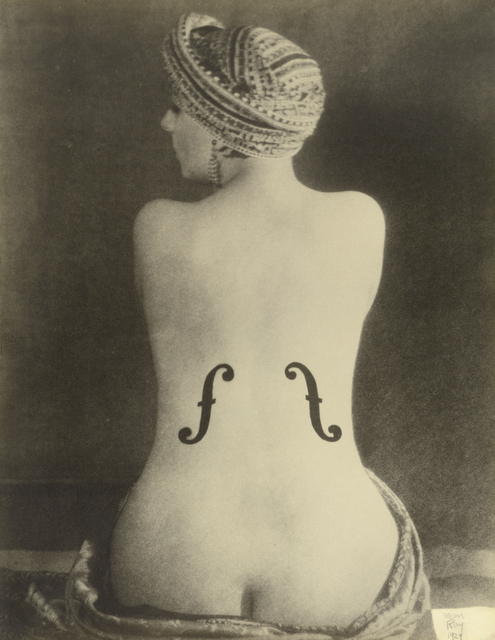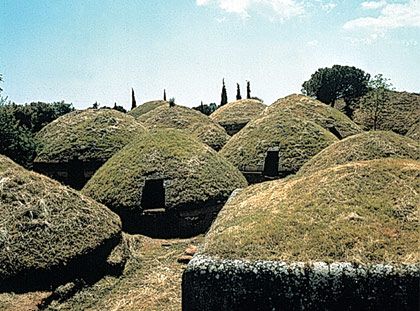It’s 1967, and Guy Debord, grumpy but prescient, senses a change in the air. Throughout his treatise The Society of the Spectacle, he attempts to show how mass media and late-capitalist modes of production degrade social relations. Together, they reorient human organization around images detached from lived reality. Their slogan: “What appears is good; what is good appears.”



